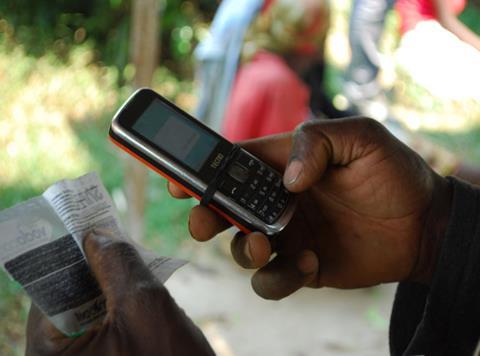
The internet is popular for many reasons, but the fact you can whip out an iPhone and find out anything you like in seconds is one of the most useful. It’s why Google gets 40,000 searches every second. But what if you have a burning question and you don’t have access to the internet?
More specifically, what happens if you’re a farmer in Kenya and your chicken is looking a bit peaky? Or you need to know how to plant maize? Or when to harvest coffee or cocoa? All important questions for rural farmers in the developing world, 90% of whom do not have internet access or a shiny smartphone.
So rather than Google it, what if there was a way for a farmer in the developing world to send an SMS asking what to do about a cow with horrendous diarrhoea and get a quick reply explaining the cure?
WeFarm does just that. It’s been dubbed ‘the internet for people without the internet’ and it’s currently used by 84,000 farmers who have asked and answered more than 200,000 questions since its 2014 launch.
It’s helped them to boost their incomes, start new businesses and save their animals from dying. And like most great ideas it’s simplicity itself. But there “was no single eureka moment,” says co-founder and CEO Kenny Ewan. “Essentially we wanted to create a forum where farmers had the ability to ask questions and get an answer. So we got small groups of farmers in a room and asked them lots of questions about how they find out information and how they use technology - which is when SMS came out very strongly.”
Early funding came from a £70,000 cheque sent by the Nominet Trust. “We used the money to build a very basic system using open source tech and tested it in Kenya, Tanzania and Peru. The pilots were tiny, 15 farmers, and we were convinced the tech would break if it got any bigger. But we learned a huge amount.”
Large cheque
Things really took off when WeFarm won the Google Impact Challenge in 2014, which came with a “very large cheque” for £500,000. Originally a subsidiary of the Cafédirect Producers Association charity, it’s now been rebirthed as a “start-up social business” and recently signed terms on £1.3m funding from a venture capitalist firm. “It’s been incredible to go from a charity project to a venture-funded business within 18 months. I’m not sure if we are the first people to do that but we can’t be far off.”
Initially, being part of a charity made crowdfunding unsuitable for tax reasons - but WeFarm didn’t want to go down that route anyway. “We wanted to be taken seriously as a start-up and get the knowledge and power of a VC behind us. In our first year we learned anybody can write a cheque but very few are powerful enough to leverage your business to the next stage.”
That next stage means making money. But how will loads of texts on knackered old Nokias being sent by rural farmers in Africa ever do that?
“Ultimately, we will make money from the amount of people sharing insight. We are getting a huge amount of content that no one else has, and using machine learning to predict crop disease and track droughts. It’s not difficult to see how coffee businesses buying coffee from a single origin source 12 months before consumers are going to be drinking it will find that information unique and highly valuable”. Indeed, one leading high street coffee shop has already signed a contract.
Still, what happens if the price of data plunges? Is the business model dead? “This was a question for a lot of investors,” says Ewan. “But long term, whether your request comes from an SMS or a tweet, for us it’s not about the channel, it’s about the information and knowledge. They might get the internet but where would they get the information? The internet has been built and developed by Western audiences who have been online for 15 years. We are building that same content, but from a very different perspective, a massive library of agricultural knowledge from the people who are going to be accessing it. So two years from now, when they might have a smartphone, they will still be accessing the content we have built. We have a viable product, commercial partners and high level investors. Now we just need to accelerate.”








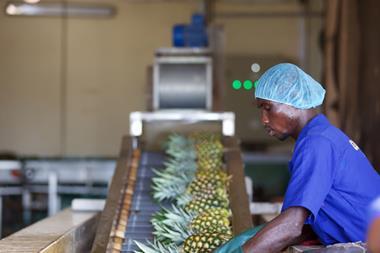
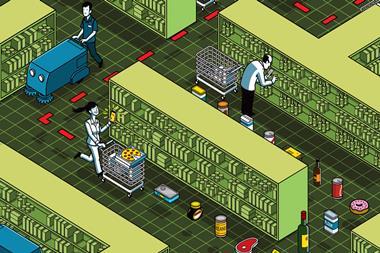
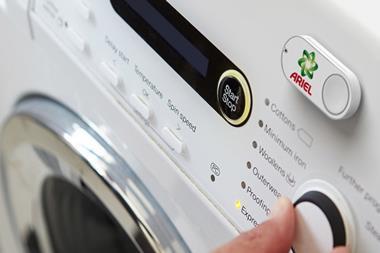
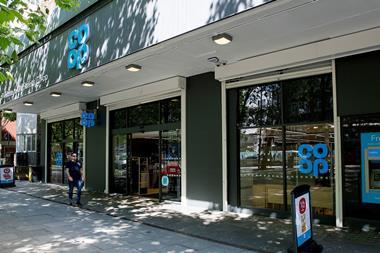
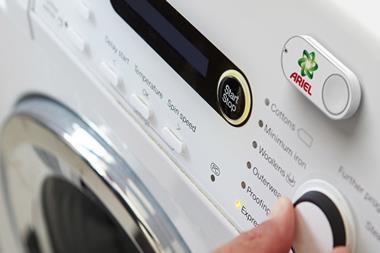






No comments yet